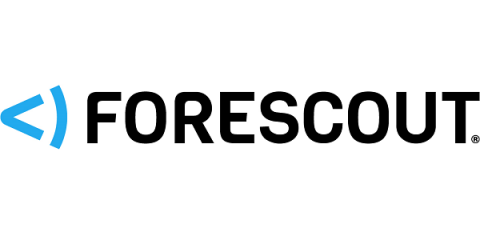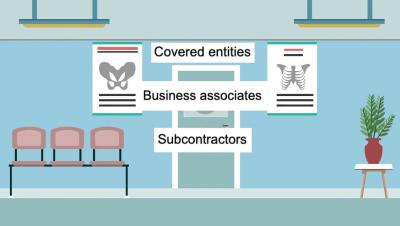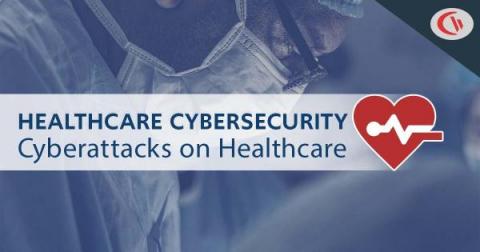A Hospital's Cybersecurity: 10 Steps to Help Ensure Patient Safety and Continuous Operations
Across a health system’s digital terrain, the most vulnerable assets are connected medical devices. If those devices become compromised, the infiltration could impact a patient’s privacy, health and safety. Moreover, it could shut down care delivery for days, weeks or longer, with long-lasting financial and reputational impacts. According to Deloitte, an estimated 70% of medical devices will be connected by 2023.









